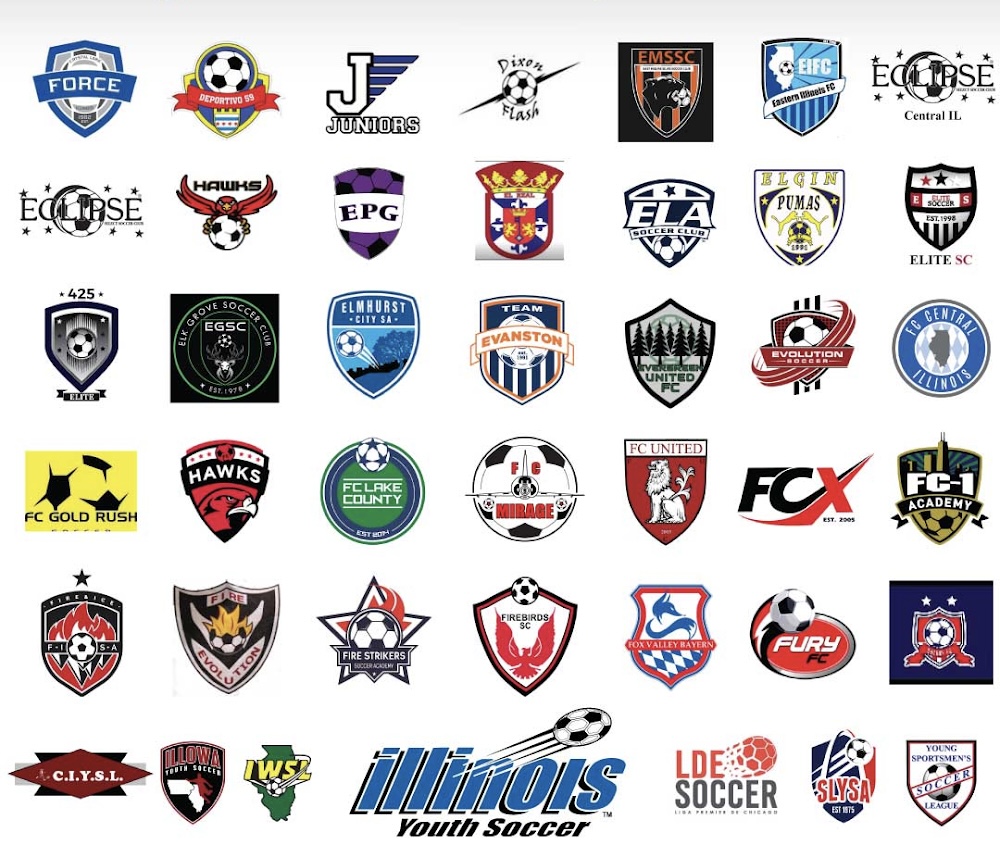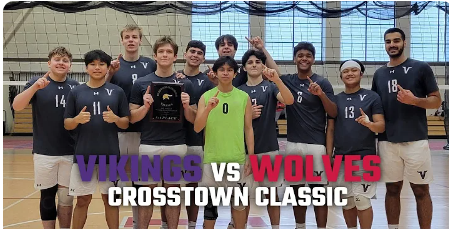Since the early 2000s, the rate of children ages 5-6 joining club soccer teams in the United States has increased a great amount and has led many people across the country to wonder what the cause is for the sudden boost. There are many reasons to explain this phenomenon and in turn, why you should or not join, the first being the change in advertisement in comparison to previous years.
As of now, local clubs like FC United and Eclipse Select Soccer Club begin their advertising campaigns early by gearing them towards parents of young children, ages ranging from 4 to 10, who have some sort of talent for soccer. Often, their advertisements mention promising your child the opportunity to play in a competitive and impactful environment, but even more often, there are undertones suggesting your child has the possibility of going to Division One in soccer.
Advertisements like these can be entirely misleading for both the parents and the athlete because, in reality, only 2% of those who play high school soccer will go to D1, noting that most of the athletes in that 2% most likely also play club. Although these statistics are unsettling to read as an athlete or parent, they are the truth and are a major factor in the advertisement aspect of club soccer. Advertisements like those feed on the hope of parents wanting to watch their child attain greatness in soccer. In comparison to advertisement strategies in previous decades, where the main goal of club soccer was to stay fit during the off-season, this one is much more vigorous and deceiving.
Not only is advertisement a huge component in whether or not an athlete participates in club soccer, but pricing is also a vital factor. In Illinois, the average cost per year is $1,888, which, surprisingly enough, is on the lower end of what other clubs cost. In addition to the payment to the club itself, guardians of players must also pay for kits, hotels, and other costs for tournaments in different states, among many other expenses that add up over time. Because of the costly nature of club soccer, many are unable to afford it, which is an example of the cycle of wealthy schools and athletes having the resources to grow to their full athletic potential while those unable to afford it are limited purely because of their financial status. Although money cannot buy greatness, it is helpful and is surely a major part of club soccer, whether one chooses to take part in it or not. Playing club soccer has given me so many opportunities to become a better player and to build connections with lots of different people. Skills can only get a person so far, but having those kinds of relationships is so significant. No one can play a sport forever but the connections one builds with others can last a lifetime. — Sophomore, Leah Jackson
In addition, knowledge about what club soccer really is and what it has the potential to do for an athlete is incredibly important. Besides the fact that clubs often focus on advertising the possibility of a player going to Division One, they also talk about the environment and skills that can be formed and fostered. Frequently, clubs talk about the friendships that can be formed or the family-like environment they promote, which is true in its own way and is likely a huge selling point for young athletes, but at the end of the day, it is not what parents or guardians are paying for, and more often than not, bonds similar to those listed previously are not always formed.
Club soccer is meant to be competitive and improve, or create, skills like ball control, the ability to shoot the ball precisely, or to become a conditioned player, which in many people’s eyes is true about club, but the competitiveness that club soccer breeds is not always guaranteed to make you friends, which definitely depends on the situation.
Despite the fact that club soccer may not be the best place to look for friendships, it is good for many other things. The first is the enhancement of or formation of skills in the game of soccer. Through club soccer, you can learn basic skills like how to pass correctly or how to hit the ball when shooting, but you can also learn more complex skills like workarounds for strikers or how to read a player, meaning being able to predict the game. These skills can be created during practice, and over time, they can become well-performed with the frequency of practicing them over and over.
Additionally, participating in club soccer has many other benefits unrelated to soccer. Firstly, it can create good habits like the ability to manage your time well, as the majority of athletes participating are also students. It also provides great exercise, being that in most practices and games there is a great deal of cardio and, in some instances, weight-training, which are great ways to get exercise in your daily life. Lastly, it can teach you skills that you will use for the rest of your life, like the ability to work cooperatively with others, how to think creatively, or how to regard authority figures like coaches or professors. Skills like these often spill into other aspects of the athlete’s life and impact them for the better.
At the end of the day, club soccer has many enticing aspects to it and has the ability to foster and create talented players, but it is important to note that it often excludes those without the financial resources needed to take part in it. Ultimately, for those able to participate in it, you really do get out of it what you put into it. With the right intentions and motivation, club soccer can do its job and sculpt athletes into the best players they can be. When deciding whether or not to join, it may be smart to grasp what club soccer can do for you, not what you can do for them.









